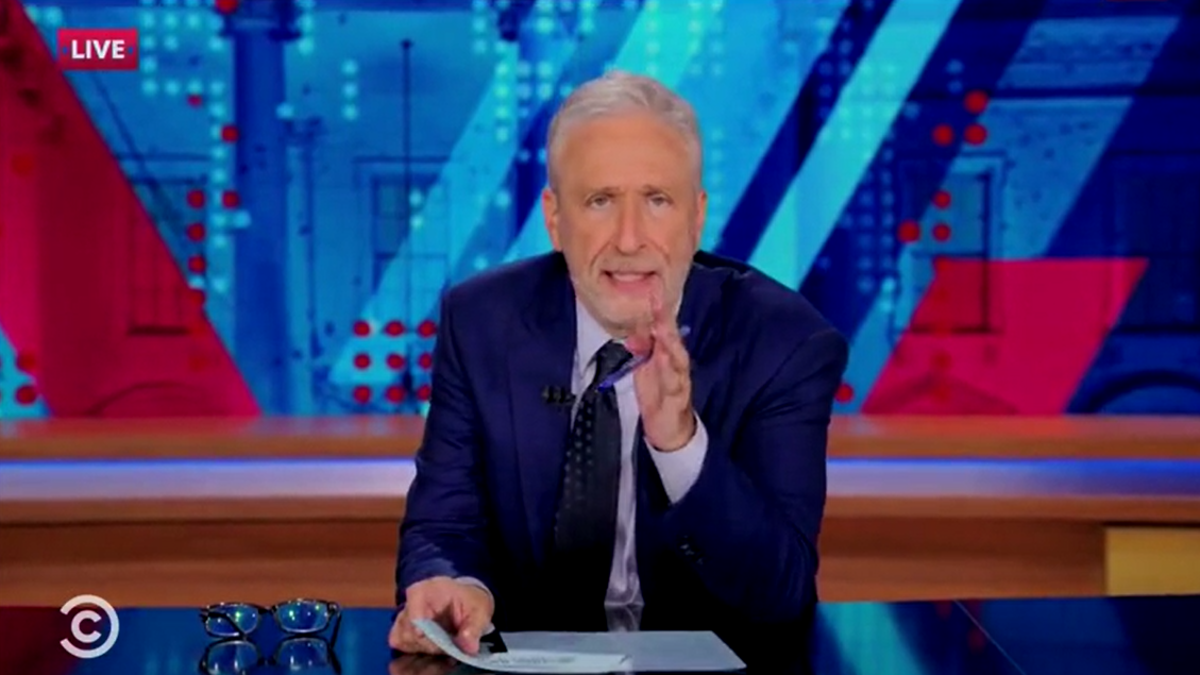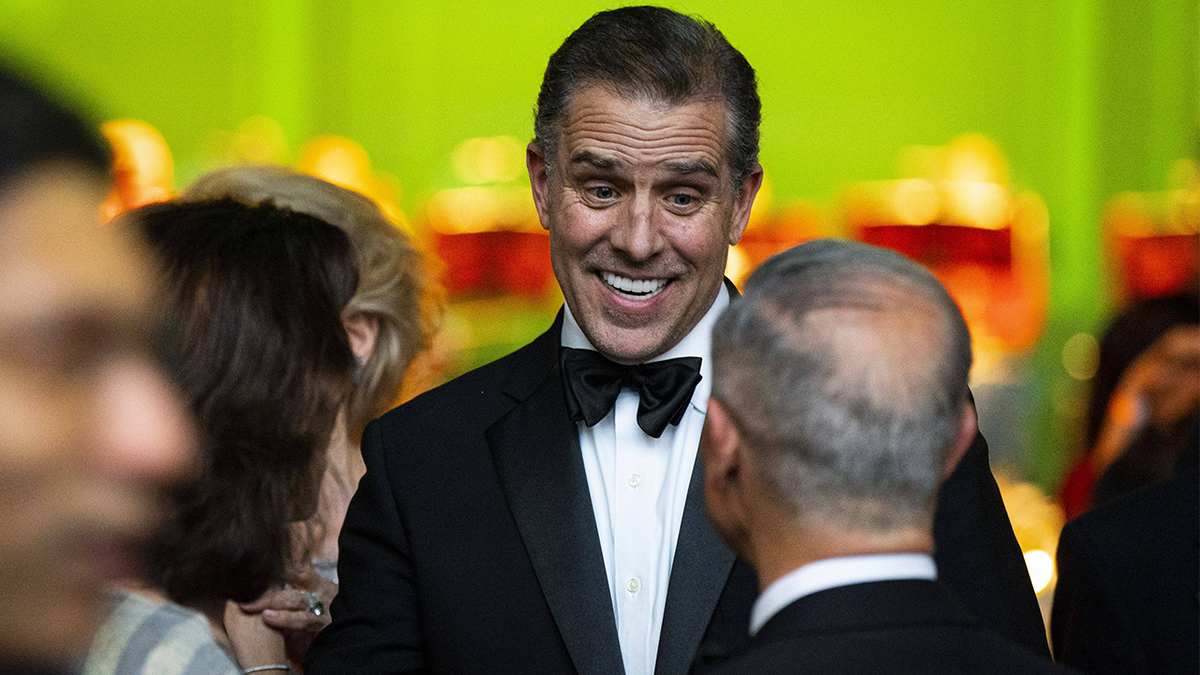The acting chair of the Equal Employment Opportunity Commission (EEOC), Andrea Lucas, has issued a strong warning to U.S. employers regarding discriminatory hiring practices that favor non-American workers. Lucas emphasized that there will be legal and financial repercussions for what she termed "anti-American bias" in employment.
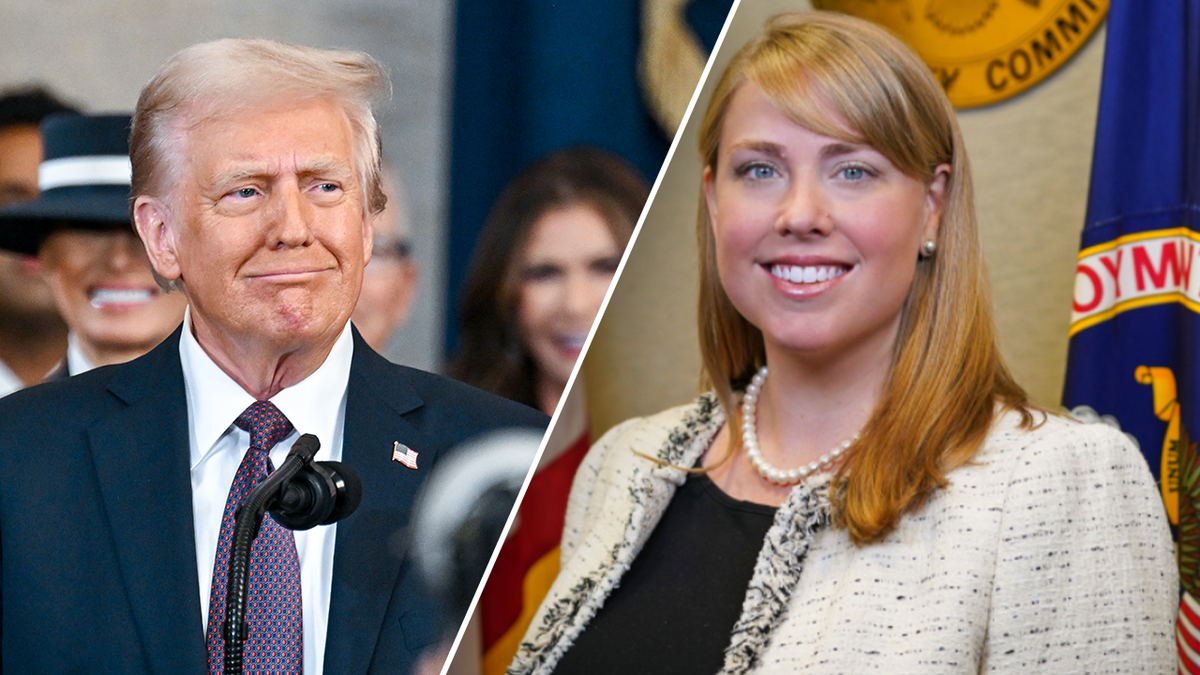
Lucas highlighted this bias as a widespread issue across various sectors, including agriculture, manufacturing, and blue-collar jobs. She asserted that this discrimination contributes to the migrant crisis by incentivizing individuals to enter the U.S. illegally for employment opportunities. She directly addressed employers, stating unequivocally that they are subject to the law and must cease discriminatory practices that fuel the immigration crisis.
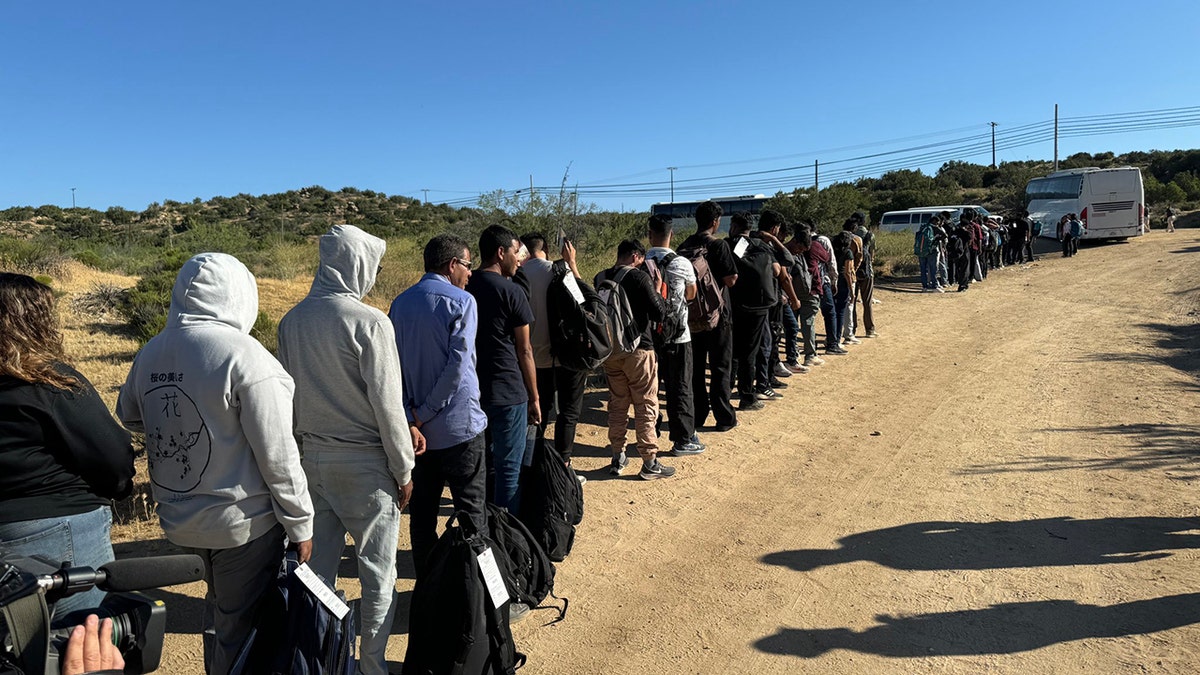
In a recent interview, Lucas explained that the preference for cheaper labor through the exploitation of undocumented workers has caused substantial harm to American families and communities. She framed addressing the immigration crisis as an administration-wide initiative, with the EEOC playing a vital role by ensuring employers adhere to national-origin discrimination laws. Lucas underscored the need to reduce the economic incentives that drive employers to exploit loopholes in the immigration system, emphasizing the broad impact of this discrimination on American workers.
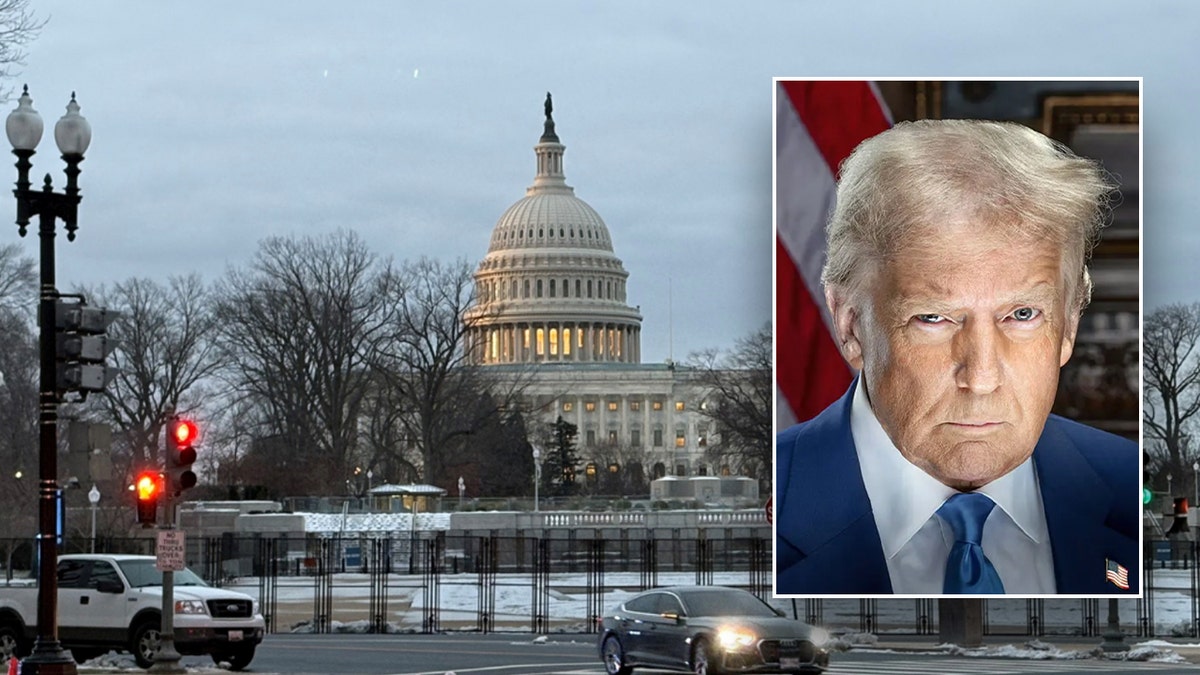
Under the Trump administration, Lucas anticipates a shift in this dynamic. She stated that President Trump is committed to supporting American workers by ensuring they have a fair opportunity to compete for jobs without facing discrimination in favor of foreign workers.
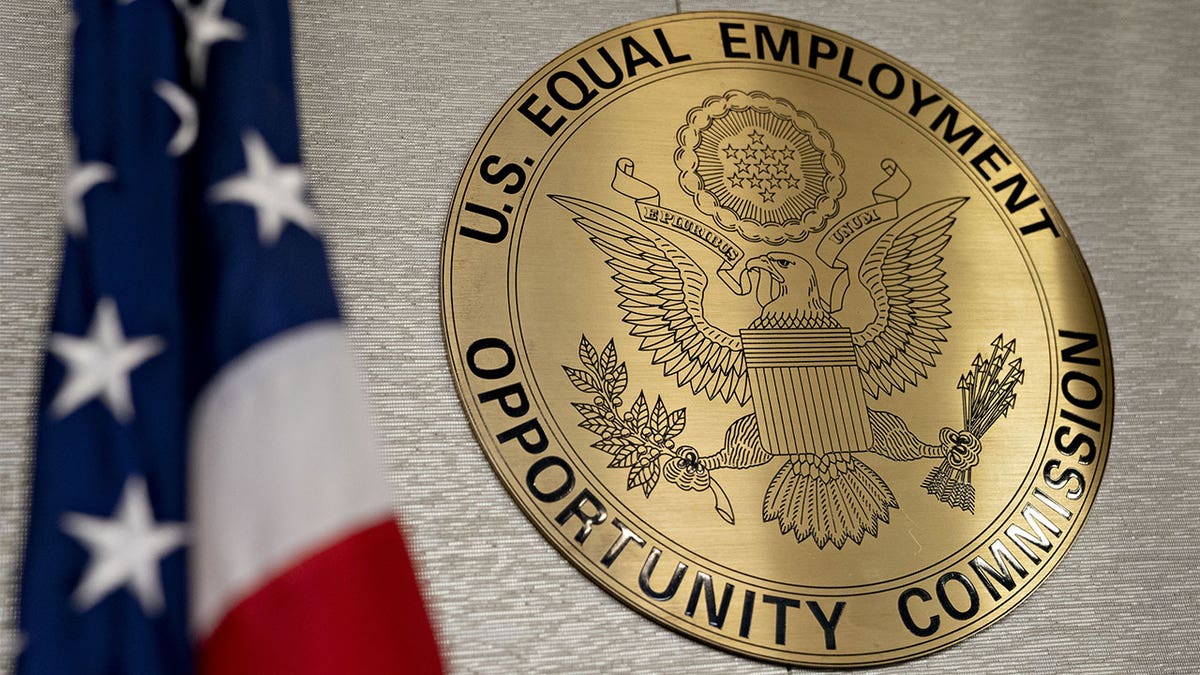
Lucas emphasized the EEOC's successful history of advocating for discriminated American workers, often resulting in multimillion-dollar settlements against offending employers. However, this enforcement relies on workers asserting their rights. She encouraged individuals, including job applicants, to file charges if they believe they have experienced discrimination in favor of foreign workers. Lucas reiterated the EEOC's commitment to pursuing significant cases, given the existing caseload.

